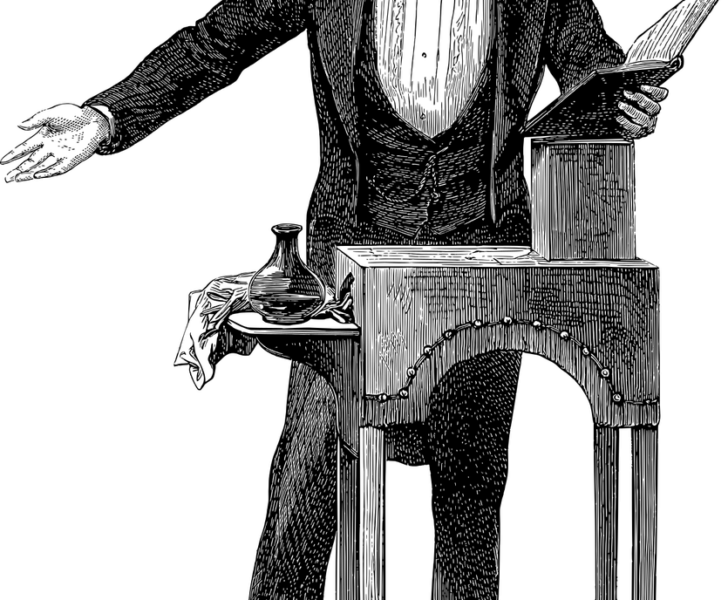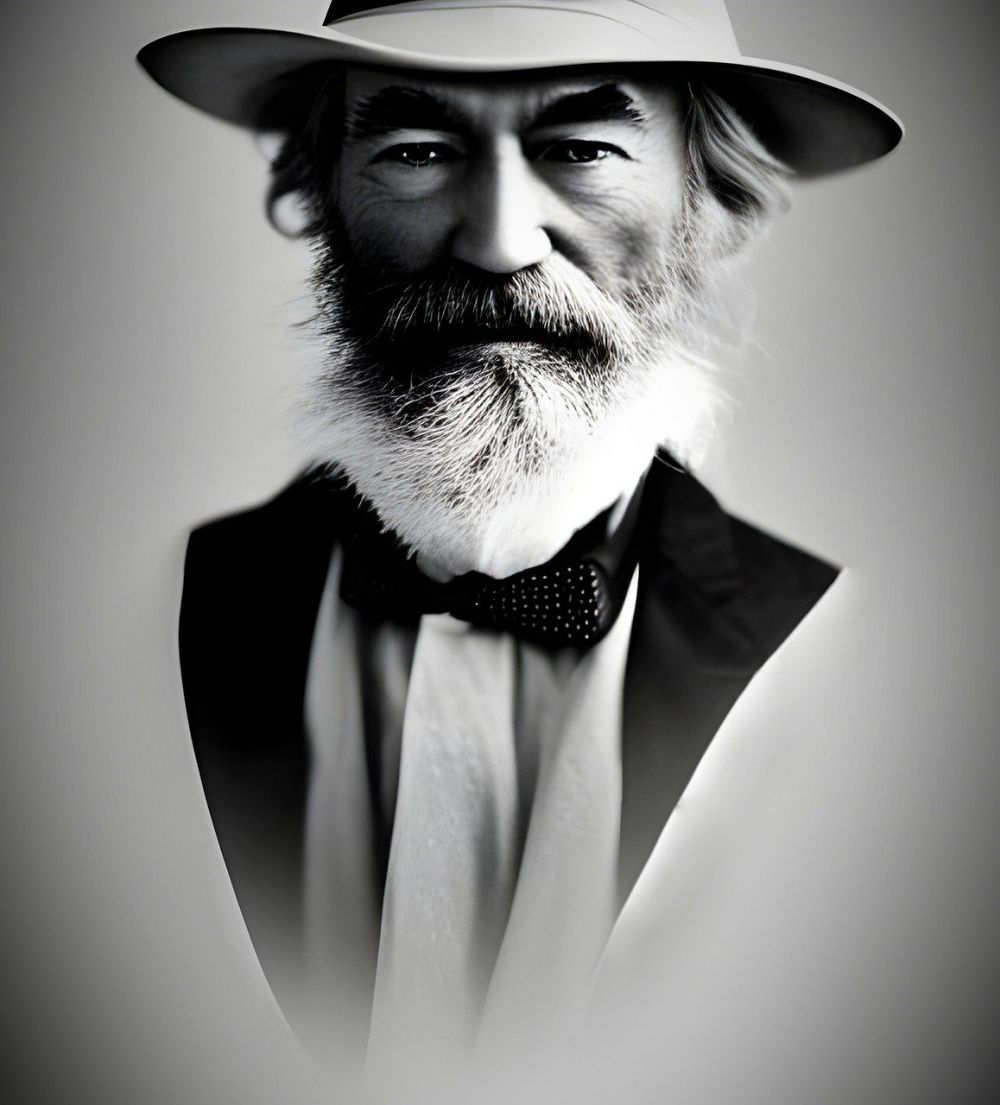Animal Farm by George Orwell: A Revolutionary Allegory Unveiling the Corruption of Power

Introduction:
Animal Farm is an iconic novella written by George Orwell, renowned for its compelling satirical representation of political power and corruption. First published in 1945, this literary masterpiece has resonated with readers all over the world, captivating them with its profound themes, intriguing characters, and its chilling portrayal of human nature. In this article, we will explore the significance of Animal Farm, its historical evolution, and its immense impact on literature and society.
I. Understanding “Animal Farm George Orwell”:

Animal Farm, set in an anthropomorphic world, tells the allegorical story of a group of farm animals who overthrow their abusive human farmer, Mr. Jones, in a pursuit of justice and equality. However, as the animals establish their own self-governing society, it gradually descends into a tyrannical regime under the pigs’ leadership, particularly the cunning and manipulative Napoleon. The novel offers a scathing critique of totalitarianism and serves as a cautionary tale about the dangers of power and corruption.
Key Themes in Animal Farm:
– Corruption and Betrayal: Orwell sheds light on the inherent corruptibility of power by illustrating how the pigs, who initially stood for equality, eventually become tyrannical leaders.
– Propaganda and Manipulation: The manipulation of language and the distortion of truth play pivotal roles in the pigs’ ability to maintain control over the other animals.
– Social Class and Inequality: Animal Farm explores the idea that even a society formed on the principles of equality can succumb to the establishment of an oppressive ruling class.
II. Historical Development of Animal Farm:
1. Orwell’s Inspirations:
Orwell drew inspiration for Animal Farm from his experiences during the Spanish Civil War and the rise of totalitarian regimes such as Stalinism. His firsthand encounters with political propaganda, manipulation, and betrayal fueled his desire to expose the dangers of authoritarian rule.
2. Publication and Reception:
When Animal Farm was first released, it was met with mixed reactions due to its controversial critique of the Soviet Union, an ally of the Western powers during World War II. However, the novella gained significant acclaim over time, solidifying Orwell’s reputation as a literary giant and an astute political commentator.
3. Impact on Literature and Society:
Animal Farm’s enduring relevance lies in its ability to resonate with readers across generations and cultures. Its stark portrayal of power dynamics and the corruptible nature of humanity transcends the specific historical context, making it a seminal work in the canon of political literature.
III. Structure and Impact on Google Search Results:
1. Utilizing Structured Headings:
To optimize the article for Google’s featured snippet, we have structured the text with an tag and incorporated multiple H2 tags. This enables the search engine to understand the content’s hierarchy and key points effectively.
2. Inclusion of Bulleted Points:
To enhance the likelihood of appearing as a featured snippet, we have incorporated bulleted points in relevant sections, such as the key themes and historical development. This enables quick scanning for users, ensuring easy access to the most crucial information.
Conclusion:
Animal Farm by George Orwell remains a timeless masterpiece that continues to captivate readers with its searing critique of power, corruption, and the fragility of democratic principles. As we delve into the allegorical world Orwell created, we are confronted with uncomfortable truths about human nature and the precariousness of societal structures. Animal Farm stands as a powerful reminder to remain vigilant against the abuses of power and to question the foundations of any governing system.











